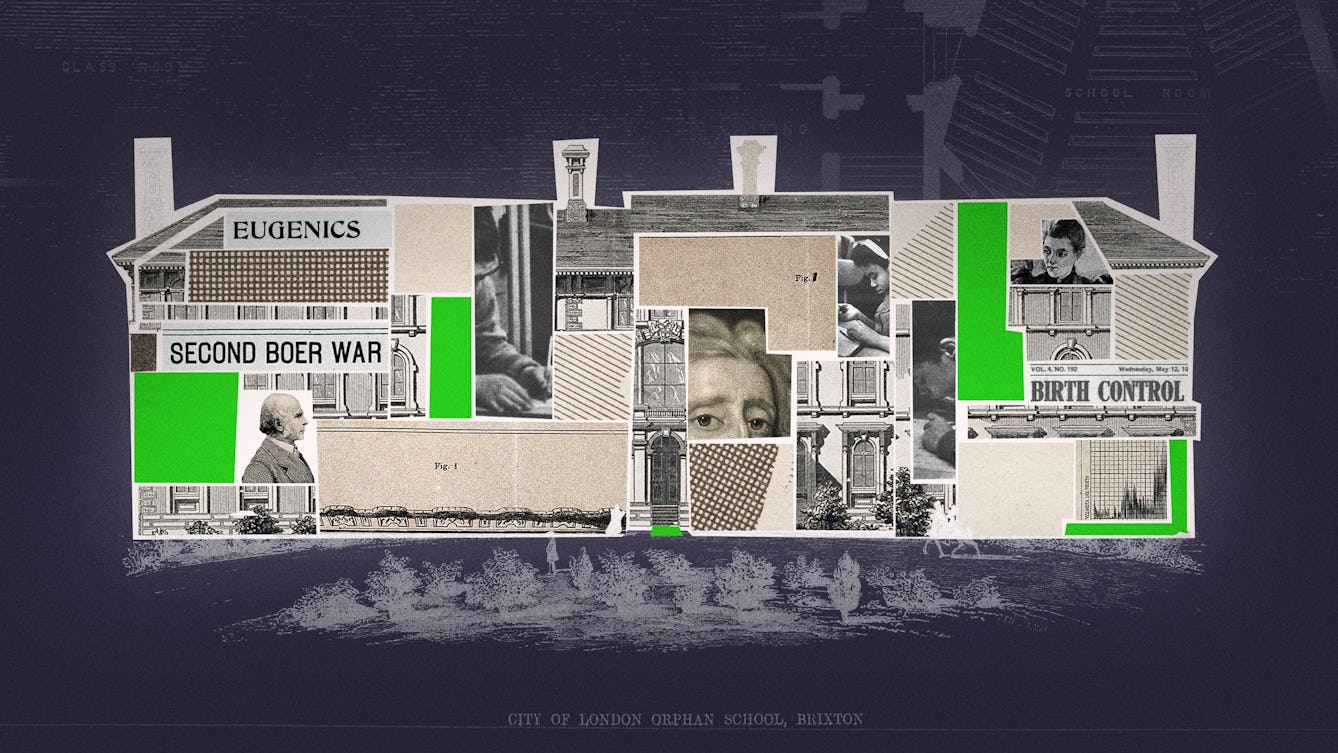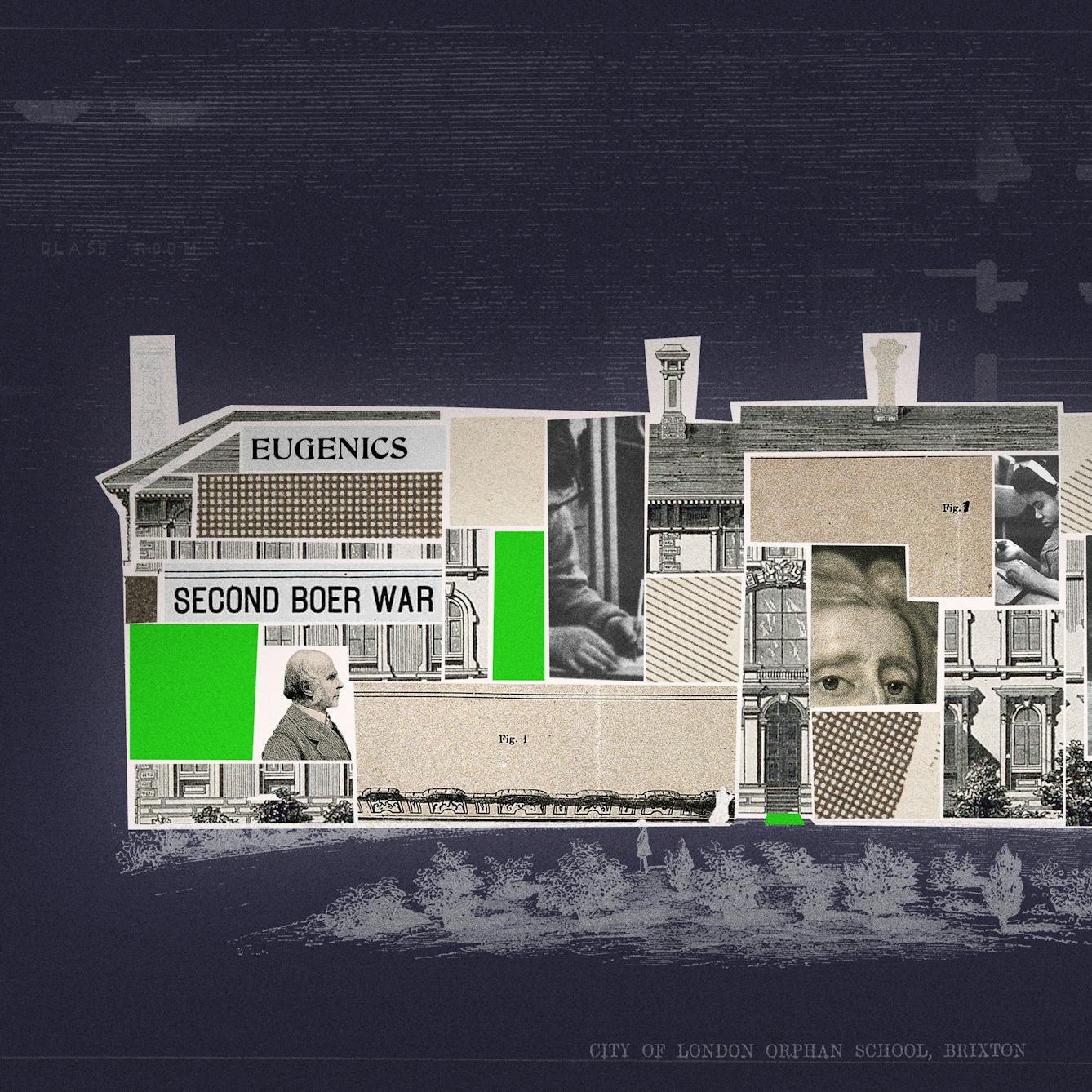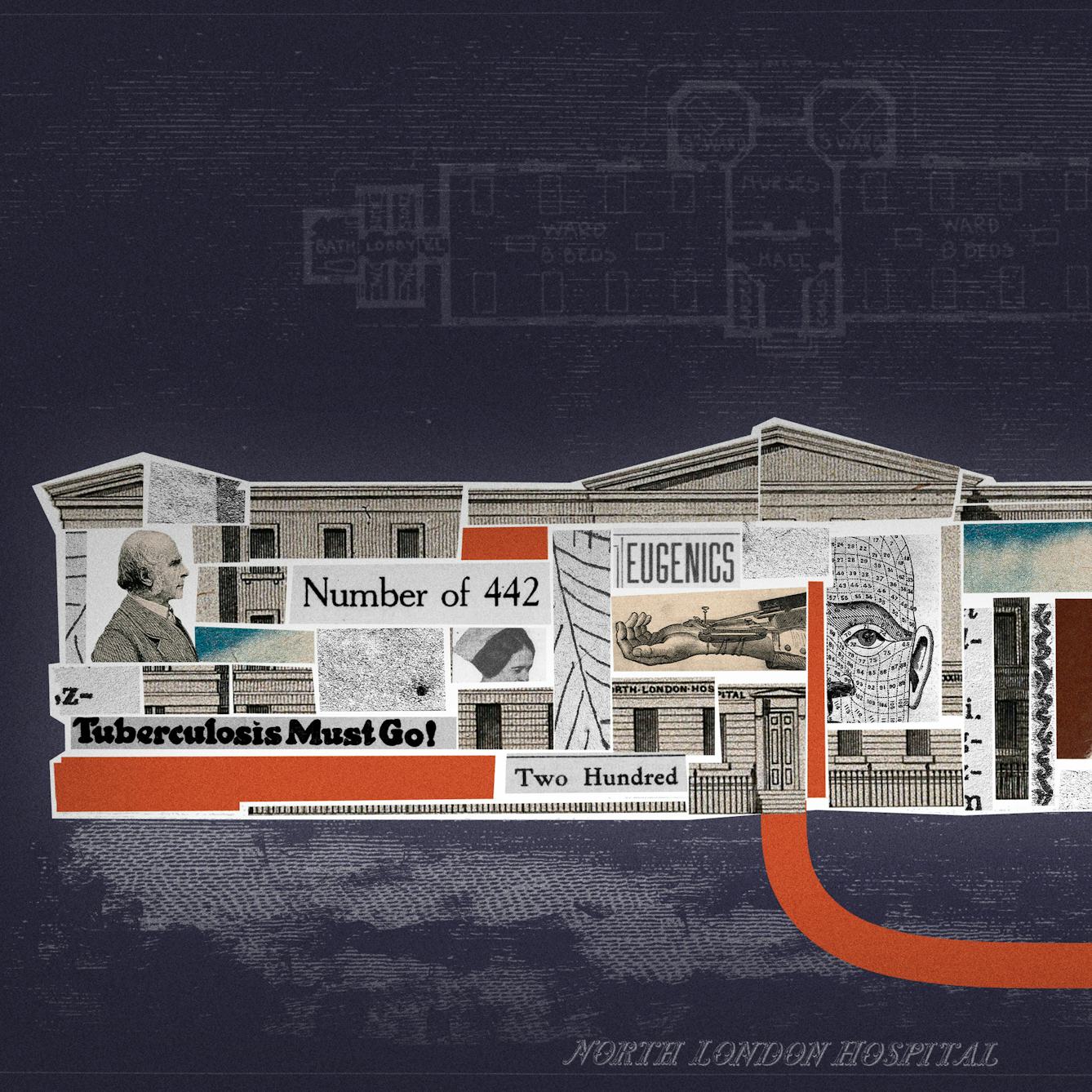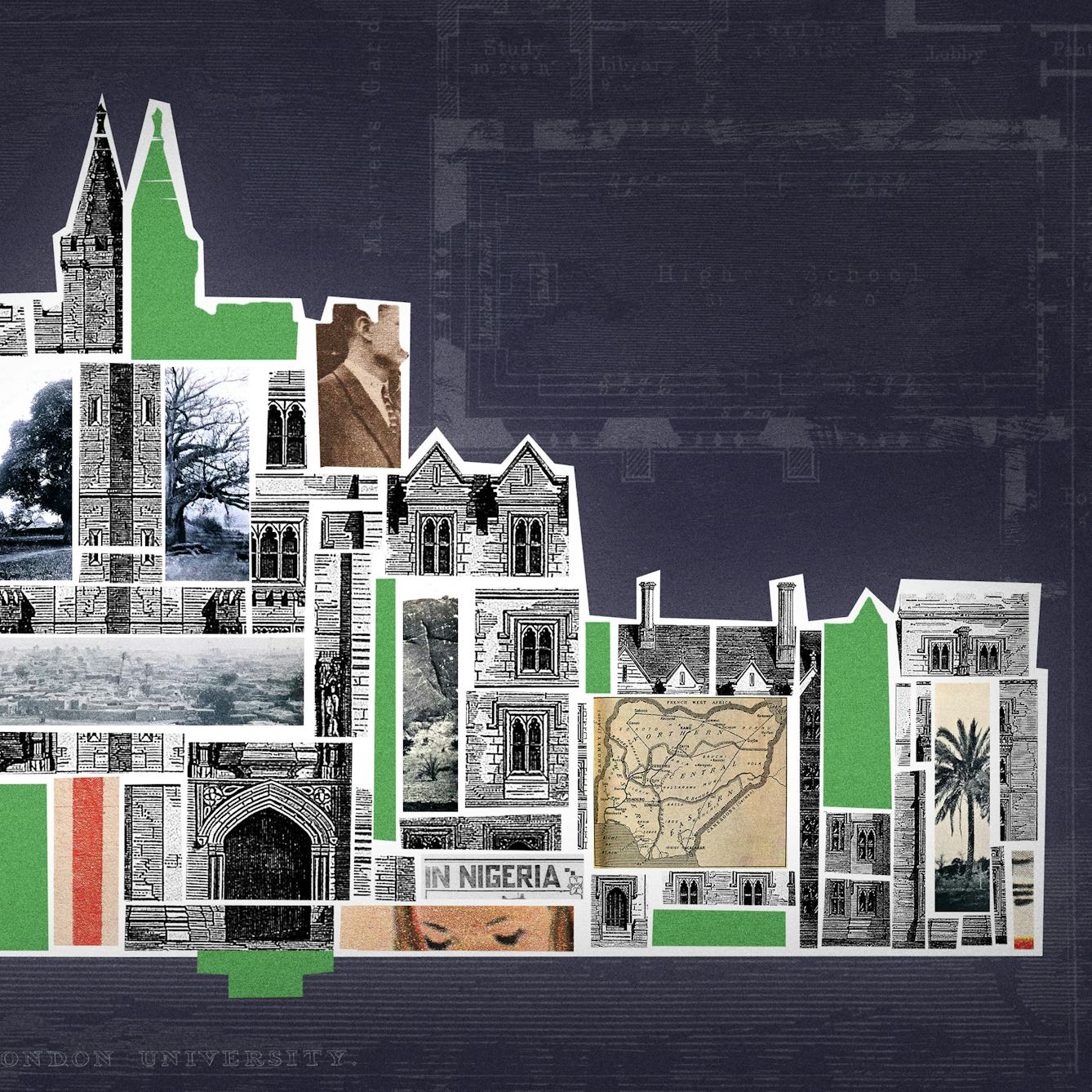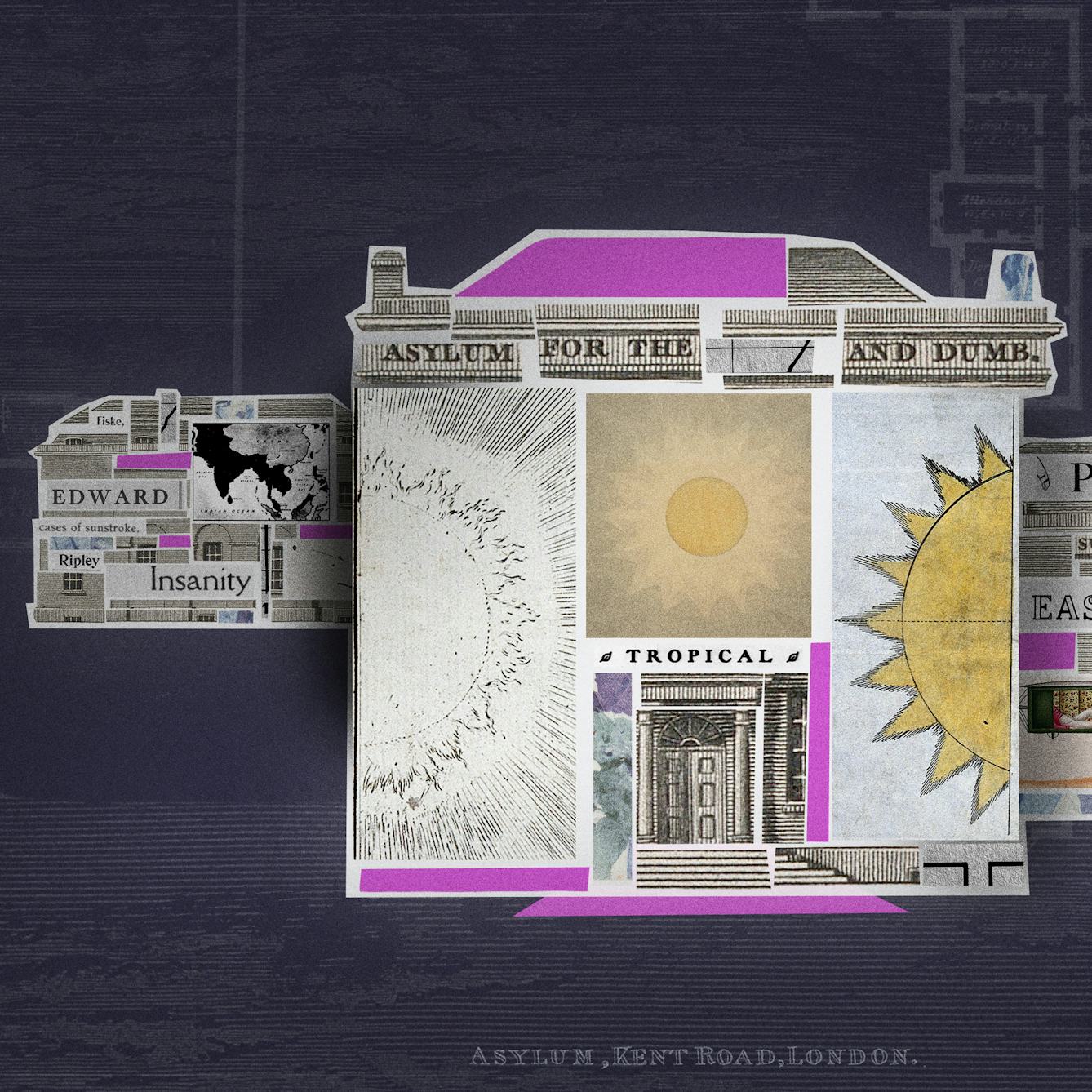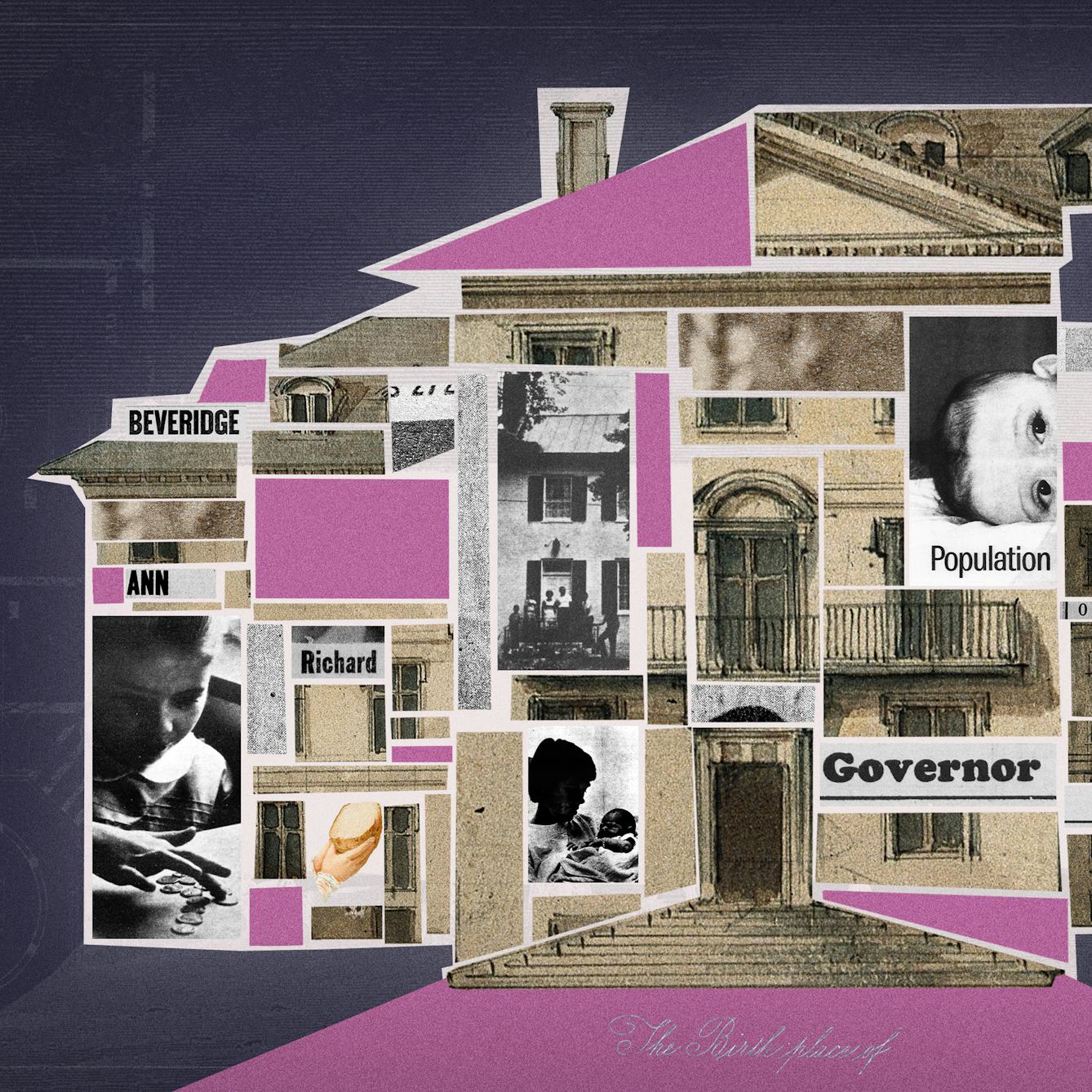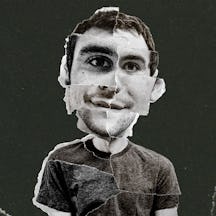Exactly 100 years ago, G K Chesterton wrote a book called ‘Eugenics and Other Evils’, and became a rare public voice speaking in opposition to the then hugely popular idea that the science of selective breeding was going to save the world. Most people today associate eugenics with the Holocaust and other horrors carried out by the Nazis. The history of eugenics, though, is much longer and more complex than we often get to think about. For this series of essays, writer and historian Subhadra Das invited five historians and museum curators to share their research about the history of education, medicine and the welfare state, and help us to think about what the legacies of eugenic thinking mean for our lives today.
About the contributors
Subhadra Das
Subhadra Das is a writer and historian who looks at the relationship between science and society, and what those histories mean for our lives today. For nine years, she was Curator of the Science Collections at University College London, where she was also Researcher in Critical Eugenics at the Sarah Parker Remond Centre for the Study of Racism and Racialisation. Her research centres around critical approaches to the history of science, particularly race science and eugenics, along with the history of museums, particularly the colonial history of natural history museums. She has written and presented podcasts, curated museum exhibitions, done stand-up comedy and regularly appears on radio and television.
Gergo Varga
Gergo Varga is an illustrator, collage animator, motion designer and the name behind ‘varrgo’. varrgo is a place where Gergo creates and animates mixed-media projects, particularly in the style of collages and cut-outs. He enjoys working with things that have already had a life, from old magazines to scribbles in a notebook. His longest-running creative project is ‘oners’, where he visualises one-minute quotes from contemporary thinkers. Gergo created the animations and illustrations for ‘Apocalypse How?’ and ‘Eugenics and Other Stories’, published on Wellcome Collection Stories.
